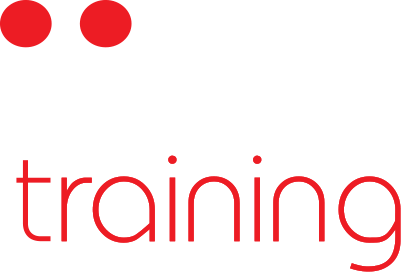With fresh, highly-skilled graduates swarming into the job market, degrees in hand, it may seem as though “hard skills”--those specific, industry-related skills necessary to excel in the IT world--have become most important. A recent study of younger career individuals--those dubbed “millenials”--revealed that these youthful jobseekers rank hard skills as being of the highest priority for a potential candidate, particularly within the IT world. However, older, more-seasoned career individuals surveyed asserted that “soft skills” are as much, if not more in demand.
What are Soft Skills?
Soft skills are those attributes and abilities which are more connected to personality, such as communication, patience, flexibility, and conflict resolution. Hard skills may be more readily identifiable. For IT, these are the types of skills you would mention on a resume--knowledge of particular programs, applications and operating systems, expertise in programming language, or even basic typing skills. These are all tangible skills which can be visibly improved upon and may provide measurable results. Soft skills often have no obvious criteria for measurement. You might discuss these kinds of attributes during the interview process. Similar to the notion of “attitude”, soft skills represent an individual’s interpersonal skills and ability to problem solve, effectively deal with conflict, and handle stressful situations.
Can Soft Skills Be Taught?
Many industry professionals believe that soft skills are much more difficult to teach than hard skills. Soft skills can certainly be improved, but much of the associated abilities are shaped and developed by inherent individual personalities. As well, time and experience seem to be important factors in the growth of these soft skills. This might suggest that those in the IT industry who have several years of workplace experience are better equipped to handle the pressures and demands of a professional position, and do so with more equanimity and poise.
Although it may prove easier and more straightforward to train in hard skills--programs training, workshops, further education, etc.--soft skills can also improve with guidance. Alongside hard skills training, companies may consider providing workshops for communication, interpersonal skills, conflict resolution and more for their employees. This could be especially useful when hiring fresh graduates with less work experience, perhaps integrated in the form of induction workshops.
How are Soft Skills Important to IT?
Soft skills are an important element in businesses of all industries. Within the IT industry, soft skills may help an individual better succeed within the workplace. One important soft skill is processing feedback from supervisors or superiors. Within the IT environment, this will be vital for employees adapting to new technology and improving their work. An ability to effectively process feedback, which assists individuals in the building of their skills, sits alongside the ability to receive criticism and utilise it constructively, as well as the skill of integrating suggestions successfully into one’s work.
Another way soft skills will be useful to an IT professional, is in his or her interaction with fellow coworkers and supervisors. Communication skills are an absolute necessity; an IT professional needs to be able to effectively and clearly communicate regarding their work, often using highly technical language. Conflict and other issues are also much better handled by one with solid soft skills, as they can express themselves assertively and tactfully and are able to interact professionally and tactfully with others.
Train for All Skills
As we’ve seen, both hard skills and soft skills appear to be vital within the IT industry, as well as within other business environments. With this in mind, it is beneficial to provide training which supports both ends of the spectrum for all employees, especially those new to the career realm.

